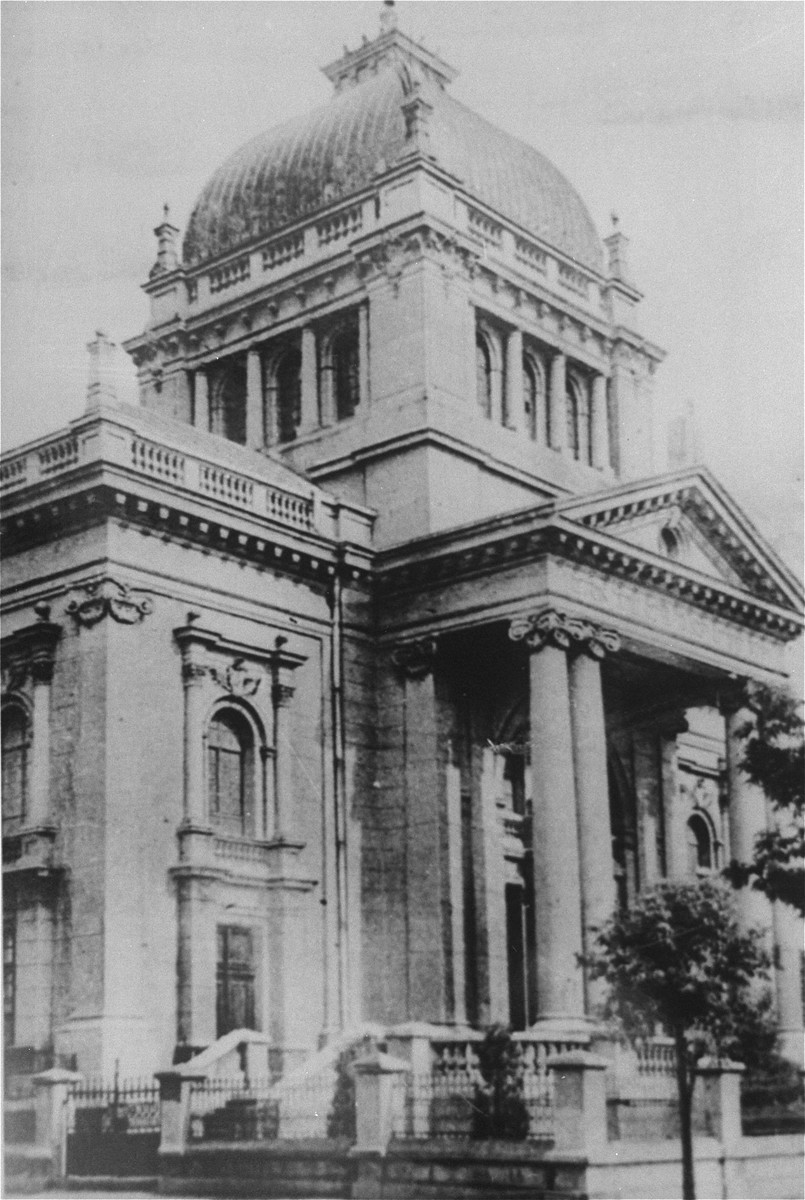Janusz Korczak, an outstanding Polish-Jewish educator and doctor, is widely known in Poland. Certainly, many viewers will remember the 1990 film “Korczak” directed by Andrzej Wajda, where “Old Doctor” was wandering in the Warsaw Ghetto in the uniform of the Polish Army. Nevertheless, it was only the director’s poet’s license, perhaps inspired by Captain Ajzyk Wolberg, who during the German occupation in the Częstochowa ghetto always wore the Polish uniform.
Wolberg was born in Częstochowa. In 1918, he interrupted his medical studies at the University of Warsaw and went to the front to fight the Bolsheviks. After returning from the war, he continued his education, obtaining the diploma of a doctor specializing in dermatology. He practiced in Częstochowa, and as a reserve officer, he was assigned to the 27th Infantry Regiment of Częstochowa. In 1939, he became the head doctor there.
In September 1939, Captain Wolberg fought at Janów Częstochowski and Złoty Potok. He commanded a dressing regiment, and then he organized a field hospital in Radom for soldiers of the “Prusy” Army.
After the end of the September fights, he returned to Częstochowa, where he immediately started organizing a hospital for the wounded and sick prisoners of war. This facility was established with the support of the Polish Red Cross. However, he could not work long in Polish hospitals, because in the spring of 1941 the Germans established a ghetto for Jews in the eastern part of the city and Wolberg had to move there. He again engaged in medical assistance and headed the Healthcare Society. He supervised the supply of medicines, took care of the youngest children, created day-rooms and nurseries, and organized feeding points for the poorest inhabitants of the ghetto. In addition, he was involved in underground activities. Wolberg published underground press and organized theater, music and training evenings in the so-called Wolberg’s gardens. He was remembered for wearing the uniform of a captain of the Polish Army, with the obligatory Star of David armband.
When the Germans began the liquidation of the ghetto in September 1942, Wolberg decided to organize the underground. movement A few weeks later, he was shot by the Germans near the ruins of the New Synagogue in Częstochowa. The Germans tricked him out of the ghetto, claiming that he should help the wounded.
His wife and daughter, hidden by their Polish friends, survived the Holocaust.





